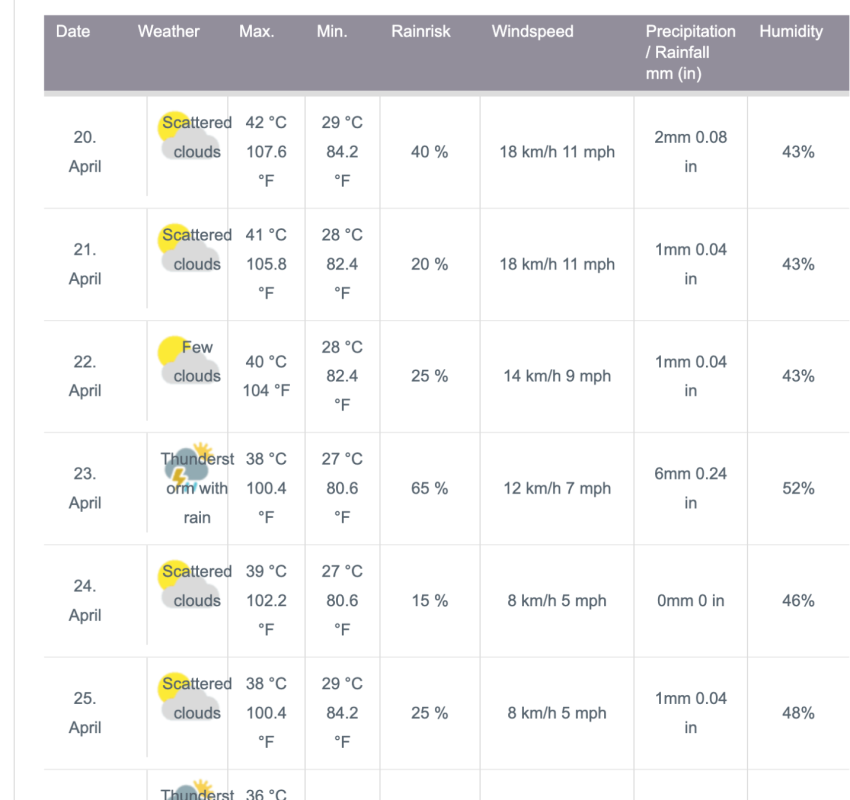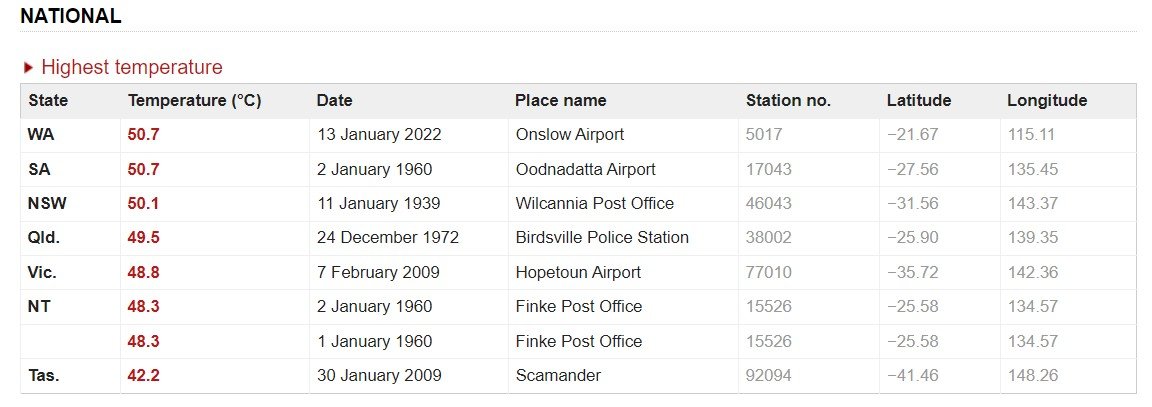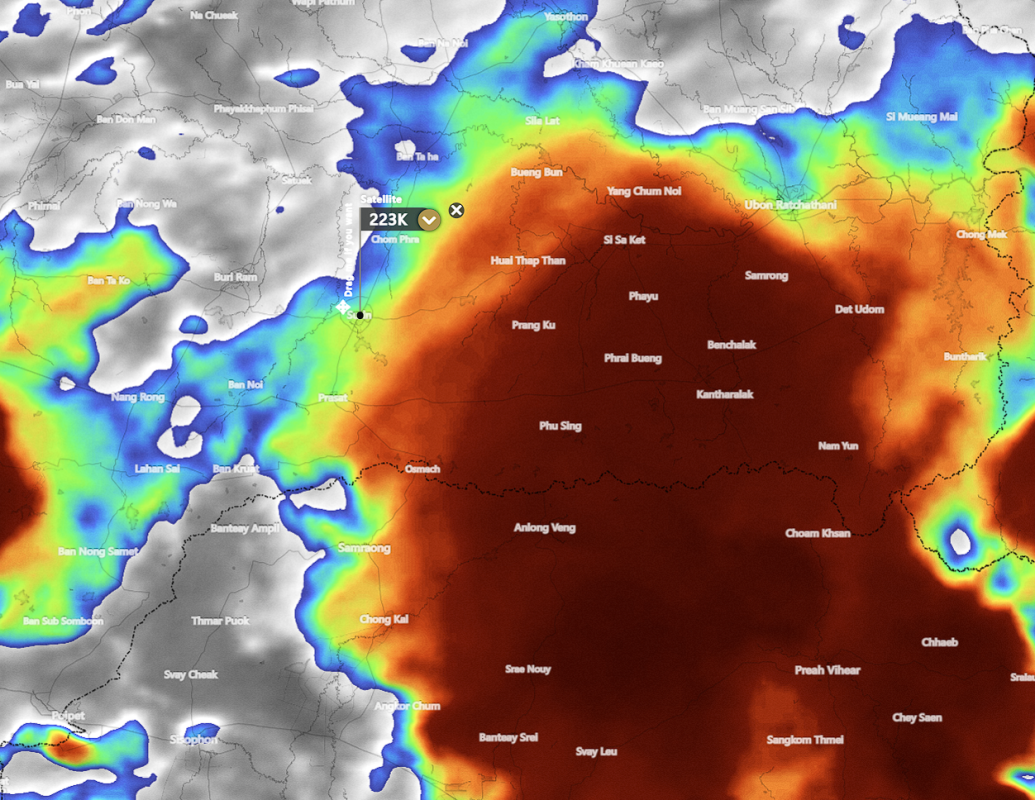Maybe great in principle, but the devil is in the detail. We're probably all old enough to remember decimalisation being introduced in the UK in February 1971. Halfpennies, pennies, threepenny bits, and sixpences, along with shillings, florins and half crowns soon vanished (even if sixpences, shillings and two bob pieces remained in use for quite a while. Those became a part of the 'con' employed to keep what was familiar and could be used to disguise the very rapid leap in prices. Old pennies and halfpennies were replaced with similarly named 'new' coins carrying a value 2.4 times that of the old ones. The old shilling became five new pence instead of 12 old pennies, and prices soon increased to absorb the sting in the tail. Similarly, two shillings became ten new pence instead of 24 old pennies, which confused many into believing that an item bought for 10 new pence was somehow 'cheaper' than it's predecessor costing 24 old pennies. Inflation existed before Decimalisation or D-Day of course, but at nowhere near the speed that prices rose thereafter.
It wasn't a phenomenon unique to Britain either. I was a regular traveller to France, and could cope easily enough with their transition from 100 'Old' Francs to become just 1 'New' Franc. Many older French people were convinced that the value of their savings was being reduced to just 1% of its former worth. That was longer ago, in 1960, but before some of them had recovered from that 'shock' their 'new' franc vanished to be replaced by the euro introduced there in January 2002. It was argued that the introduction of a common EU currency would stabilise inflation and strengthen the member countries' economies. But at what cost? Read on...
I travelled to the Le Mans 24-hour sportscar race many times, often staying in Rouen for the night before the race started. We used a cheapish hotel on the opposite bank of the Seine to Rouen, but would usually travel from the hotel by taxi for a night out in the city. On the last trip before they introduced the Euro, the taxi fare was about 50 francs, worth roughly £5. By our next visit, the following year, the same taxi ride cost 10 Euros. Querying this with the taxi driver, he explained that all taxis there were by then charging the same sum, and blamed the introduction of the Euro fair and square for the huge increase, reflected in the price of many other items we bought while over there. The increase in the taxi fare wiped out any saving we made on the cheaper hotel, but the reality was far worse as the hotel rates had increased just as dramatically.
Devious buggers these economists.
I recall reading somewhere that the Euro would streamline currencies, such that a magazine bought in Germany would cost the same amount as it would cost in Greece or Spain. Laughable really, if it hadn't been such a lie! I was very pleased that Britain retained the pound sterling despite the pressures imposed by the EU




